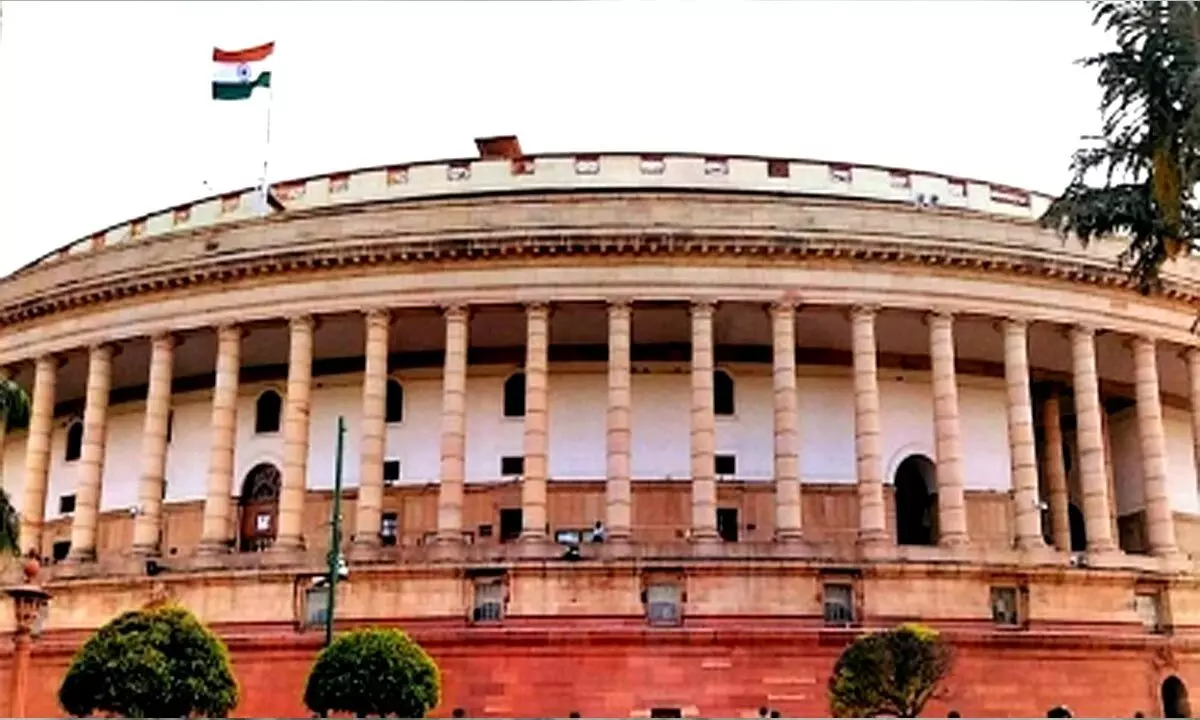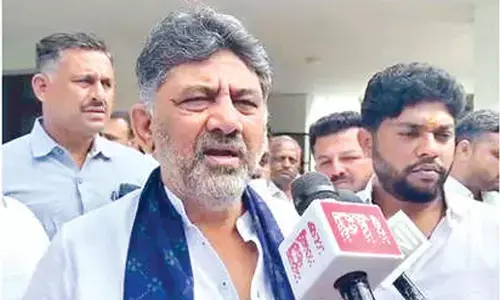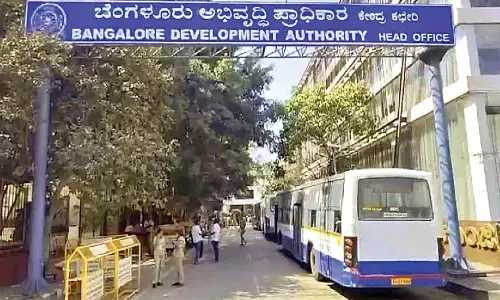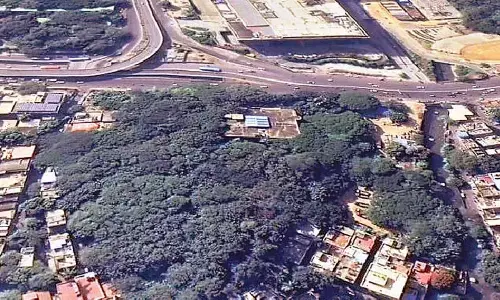Parliament panel rejects Competition Amendment Bill's provision of reducing acquisition timeline

Parliament of India
The Parliament's Standing Committee on Finance has rejected the proposal in the Competition Amendment Bill of reducing the timeline of acquisitions to 150 days from the existing 210 days, saying that status quo should remain.
New Delhi: The Parliament's Standing Committee on Finance has rejected the proposal in the Competition Amendment Bill of reducing the timeline of acquisitions to 150 days from the existing 210 days, saying that status quo should remain.
The panel, which is headed by BJP's Jayant Sinha, in a report submitted in Lok Sabha on the bill on Tuesday, noted that reducing the time line can be burdensome for an already understaffed Competition Commission of India (CCI).
"The Competition Amendment Bill proposes to reduce the timeline for the CCI to pass an order on application for approval of combinations from 210 days to 150 days. Similarly, the timeline to form a prima facie opinion has been reduced from 30 days to 20 days.
"In this regard, apprehensions were raised by the CCI and stakeholders that it will put the authority in a difficult and onerous position. The Committee is of the opinion that reducing the time line can be burdensome for an already understaffed commission. The Committee recommend that the current prima facie opinion timeline and that of passing the order for approval of combinations, should remain unchanged," it said.
The panel also suggested that the cartels should also be included in the scope of settlements.
"The argument against including cartels is that they, by their very nature, are anti-competitive. The Committee recommend that the CCI should consider expanding the scope of settlements to include cartels also as a pragmatic recourse to the whole process," it recommended.
The Committee further noted that while an Intellectual Property Rights (IPR) exemption is granted in case of anti-competitive agreements in the principal Act, it does not extend this exception, explicitly, to section 4 in the Bill that deals with abuse of dominant position.
It added that in the absence of such an explicit defence enshrined under the Act, the CCI will not allow any dominant entity to provide for reasonable protection of its IPR, while being investigated for alleged abuse of dominance.
The Committee is of the opinion that it would be more desirable for the CCI to specifically take into consideration the rights that a party may have in relation to reasonable exercise of its IPR when dealing with abuse of dominant cases to avoid any uncertainty.
It further noted that the bill does not provide guidance on how the deal value is to be calculated and the meaning of direct, indirect and deferred consideration.
"The uncertainty about these terms can potentially bring transactions which are unlikely to cause adverse effects on competition under the merger control mechanism. The Committee is of the opinion that the proviso needs to specify with clarity that the 'enterprise' being referred to is the party being acquired. The local nexus condition should be defined with clarity in the Act itself to ensure predictability and certainty," it noted.
Under the Competition (Amendment) Bill, 2022 that was introduced in Lok Sabha on August 5, the Corporate Affairs Ministry had proposed reducing the timeline for CCI to form a prima-facie opinion on a case to 20 days from 30 days.
The bill was referred to the Standing Committee soon after it was introduced.









